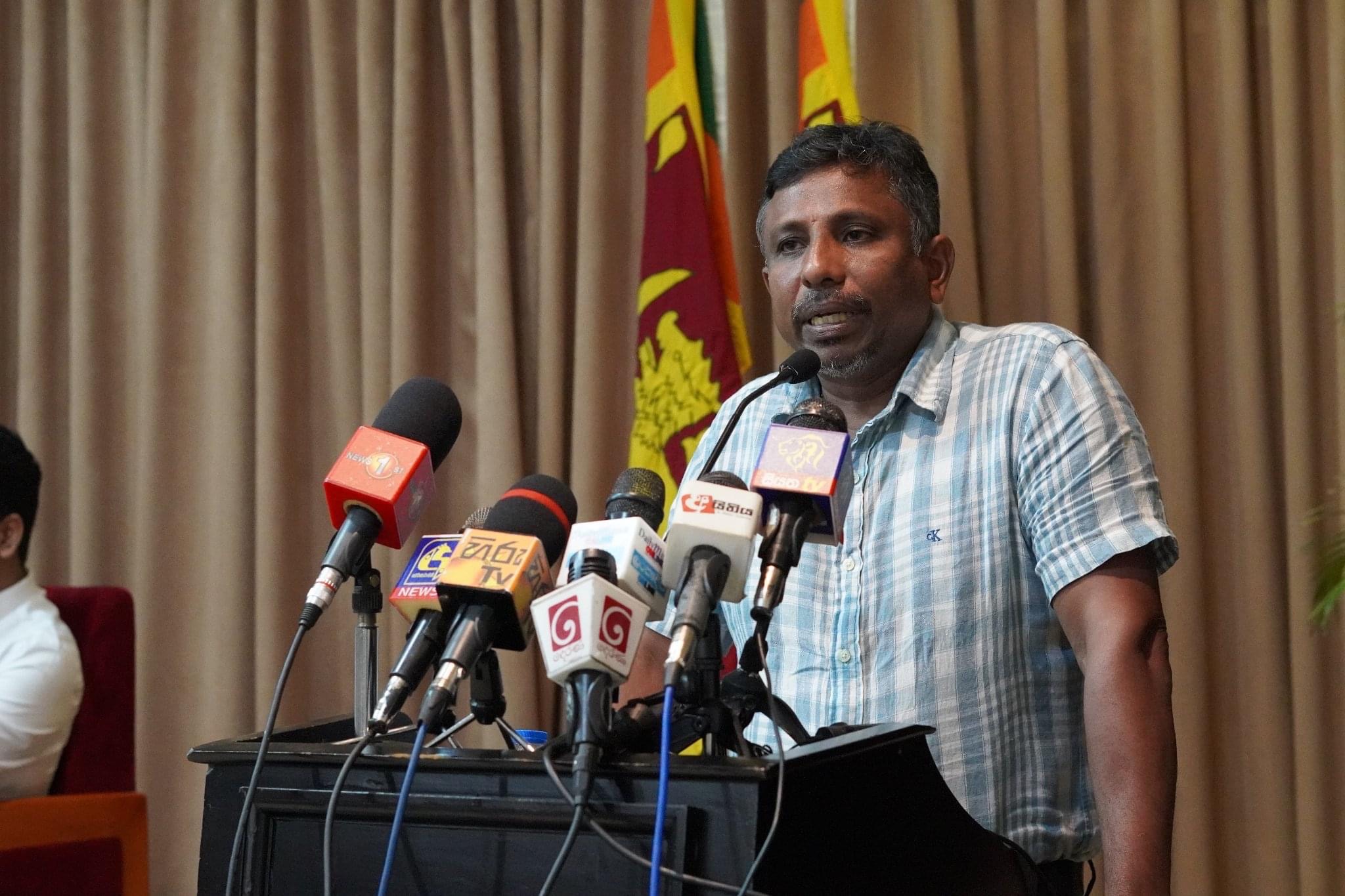
By Philip Dissanayake
On January 20, 2025, U.S. President Donald Trump signed a series of executive orders, one of which mandated an immediate 90-day suspension of all foreign aid projects funded by the United States. As a result, the U.S. Department of State and the United States Agency for International Development (USAID) halted a wide range of projects in over 100 countries, including Sri Lanka, effective from January 24 to April 23, 2025.
These projects were implemented in collaboration with foreign governments, government-affiliated institutions, recognized non-governmental organizations (NGOs), and the private sector. In Sri Lanka alone, U.S. aid programs provided financial support exceeding LKR 350 billion in 2023, with approximately LKR 310 billion allocated to the government and its affiliated institutions, while around LKR 40 billion was directed towards projects involving NGOs.
Since its establishment in 1961, USAID has actively contributed to Sri Lanka’s development in various sectors, including healthcare, education, technological training, agriculture, livelihood development, environmental conservation, governance, human rights protection, democratic electoral processes, anti-corruption efforts, and rule of law initiatives. Additionally, the agency played a crucial role in humanitarian assistance, post-war reconciliation, and transitional justice efforts.
USAID has also provided significant support during times of crisis. In the aftermath of the 2004 tsunami, it supplied financial aid to Sri Lanka for disaster relief and reconstruction. Following the country’s three-decade-long civil war, USAID-funded programs assisted in clearing landmines and supporting war-affected individuals. More recently, during the COVID-19 pandemic in 2020–2021, the U.S. donated 2.6 million vaccine doses and emergency supplies to Sri Lanka. The agency also provided fertilizer assistance to farmers during the 2022 economic crisis.
Many of the suspended U.S.-funded projects in Sri Lanka had been operational for years and employed both local and international staff. The abrupt cessation of these programs has placed thousands of jobs at risk, with reports indicating that some project employees were unable to receive their January salaries.
Further intensifying the situation, President Trump recently alleged via X (formerly Twitter) that USAID funds had been used to instigate political instability in nine countries, including Sri Lanka, Bangladesh, India, and Pakistan. This claim has reignited political tensions within Sri Lanka, prompting calls from politicians such as Namal Rajapaksa and Wimal Weerawansa for an investigation into whether U.S. aid was misused to support the country’s 2022 anti-government protests. In response, Rajapaksa has urged the Speaker of Parliament to establish a parliamentary select committee to probe the matter.
Amidst this controversy, a list of 50 Sri Lankan politicians, social activists, and media figures allegedly linked to U.S. funding has been widely circulated on social media. However, a fact-check by Fact Crescendo Sri Lanka has debunked this claim, stating that no credible U.S. institution has released such a list. The investigation’s findings can be accessed via the following link:
Fact Crescendo Sri Lanka
Meanwhile, the Department of Government Efficiency (DOGE), a global transparency initiative led by Elon Musk, announced that it had terminated 199 projects worldwide, including two programs in Sri Lanka: the Asia-Pacific Climate Change Mitigation Program and the Intercultural Communication Diversity Initiative. (https://x.com/DOGE/status/1888046273543979183)
Despite these suspensions, there is no official confirmation that other USAID-funded projects in Sri Lanka, whether managed by the government or NGOs, have been permanently discontinued. However, analysts suggest that further policy assessments could lead to additional terminations in line with the new U.S. administration’s foreign aid strategy.
As these developments unfold, Sri Lanka faces potential economic and developmental setbacks, raising concerns about the long-term implications of the aid suspension. The question remains: will the impact extend beyond NGOs, affecting broader governmental and private sector initiatives? Only time will tell.
(The writer is the Executive Director of Right to Life Human Rights Center)
